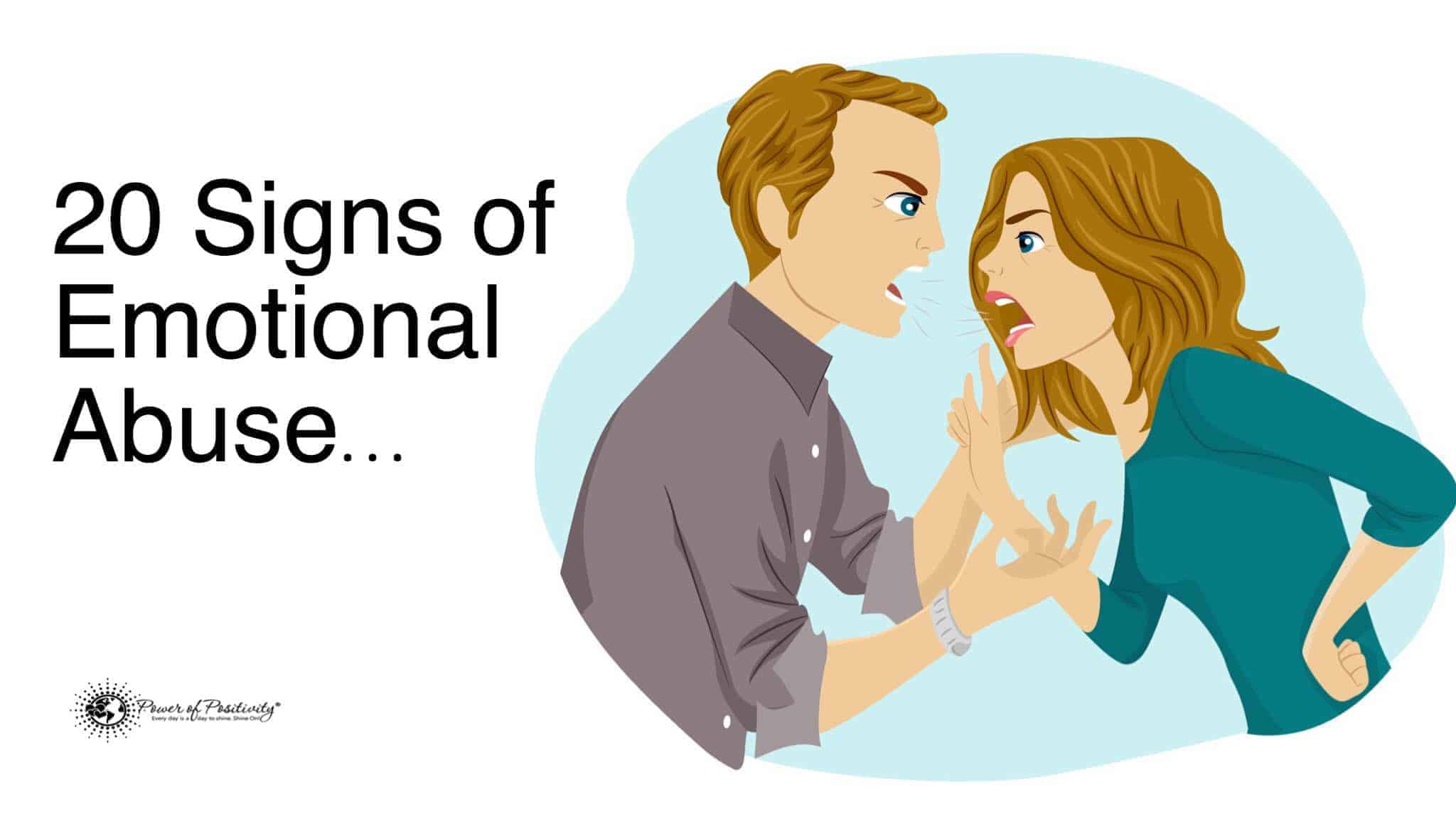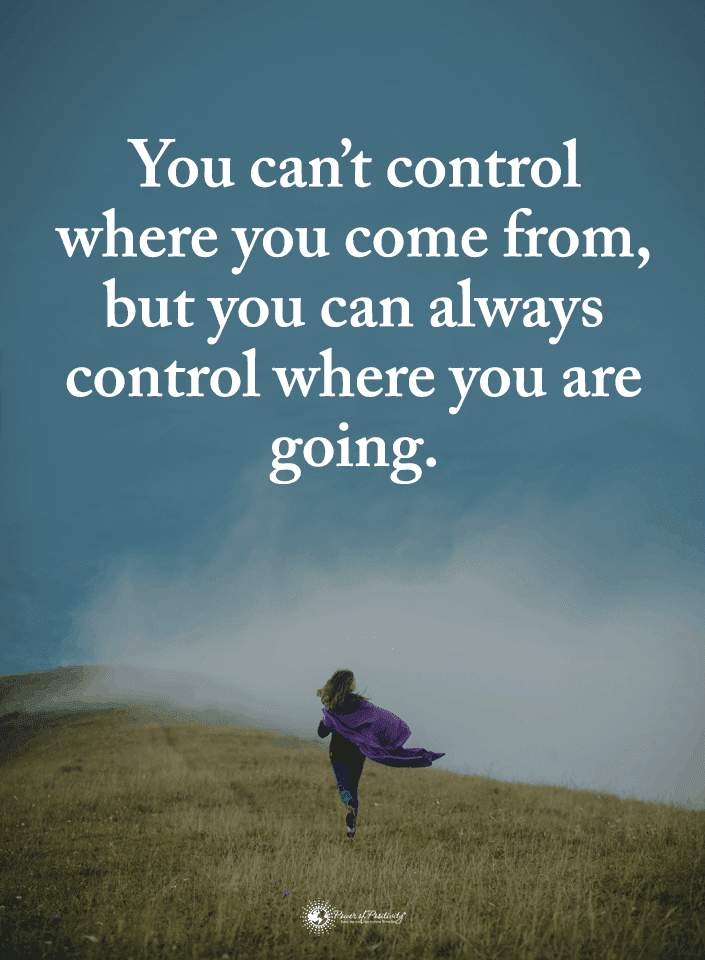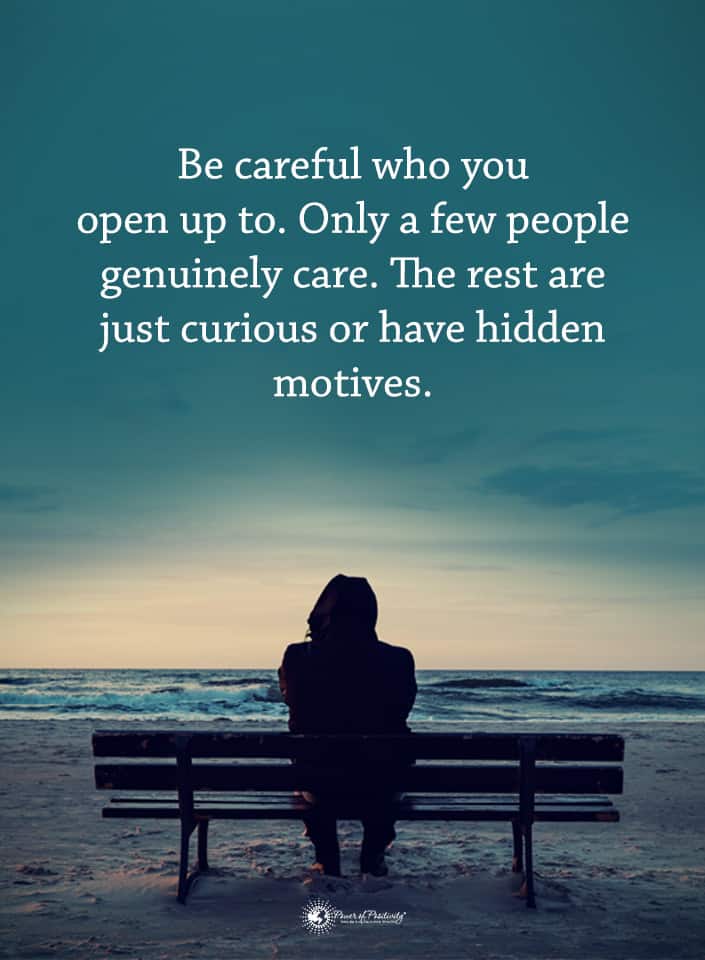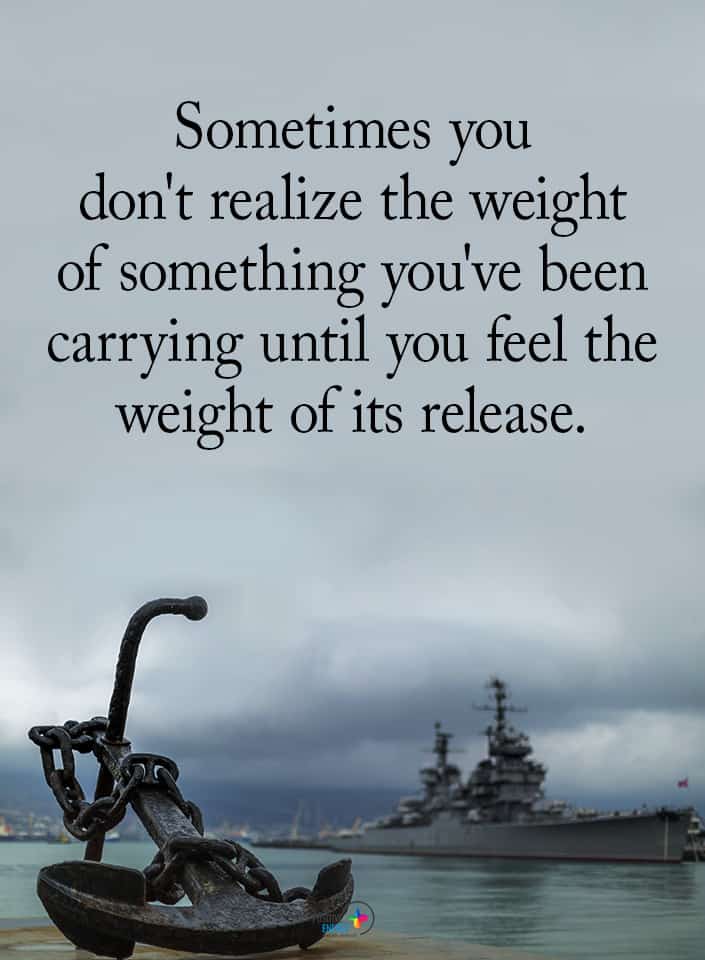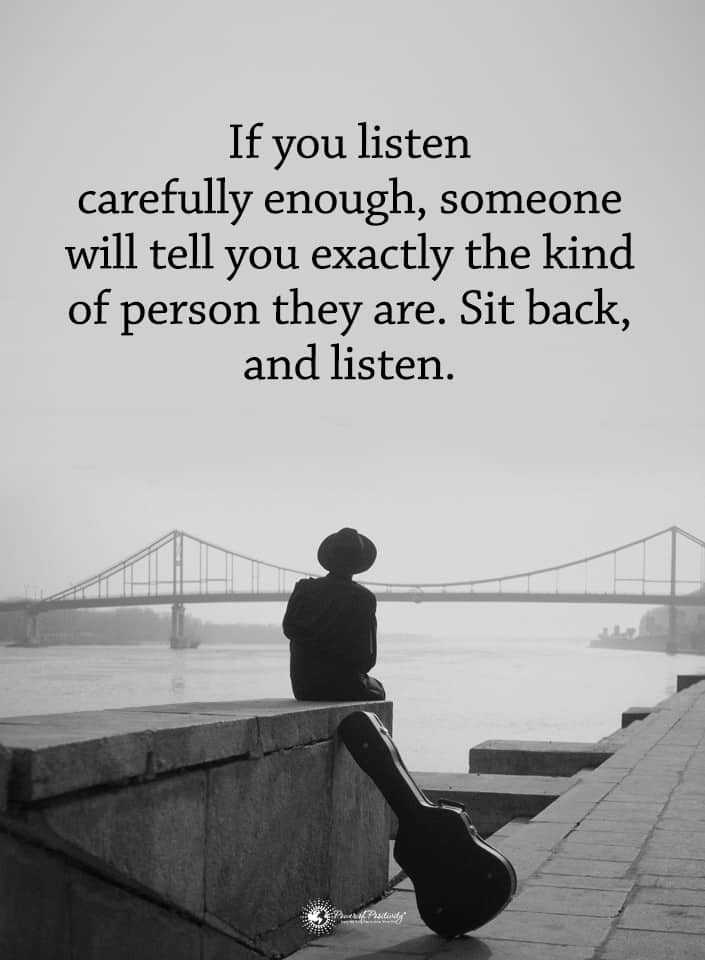Words have a lot of power. They can be used to bring people together or keep people apart. They can also be used to express feelings, especially in relationships. There are certain things that women might say when they are genuinely feeling somebody.
Knowing these phrases can be helpful when you aren’t entirely sure how the woman in your life feels about you. Here are four sentences women tell their partner if they genuinely care.
4 Phrases Women Use to Express Love
1. “This made me think of you.”
Women can tell their partner one of the most uncomplicated phrases to let them know they care “this made me think of you.”
When a woman starts to fall for a partner, she will always think about this person. This thinking includes while listening to music, reading articles online, watching television, and shopping. While going about her day, she will likely see things that remind her of her beau. Letting them know about what made you think of them is a way to initiate conversation and develop even more of a connection.
Phrases women tell their partner should be used as effectively as possible. To make this phrase useful, a woman should make a point to get to know their partner. If the person enjoys cooking, send a picture of a new gourmet meal you found online that would interest them. If the person likes music, send them new music you found in a genre they enjoy.
You can also send a picture or buy a gift of something that reminded you of an experience you once shared, such as a movie or vacation. Do not post something that doesn’t apply to your partner in other ways, or it can make it appear as if you don’t know that person.
These little messages and reminders will make someone feel adored and appreciated. They will know that you think about them regularly. Everyone is busy throughout the day, and you are letting them know how you feel, even though you are working. These reminders will make the person smile. It may also help encourage stronger feelings for you. They may even return similar sentiments while they go throughout their day. Ideally, you can use these messages as a way to hang out with each other.
2. “How’s your family doing?”
When a woman cares for her partner, she will also care about the people and things going on in their world. One of the most important things for people is their family. These are the people who helped develop them into who they are. Family members are also the people who offer love and support when necessary. They were also there through certain things that you couldn’t be there for.
Phrases women tell their partner when they will make it clear that they know how important these people are to you.
Many women who care will not only want to know about how their partner’s family is doing but also want to develop a relationship with them themselves. Of course, this doesn’t happen right away. However, a woman who cares will want to eventually meet the family and be present for important events and holidays.
Family isn’t always comfortable for a partner to get along with. At times, families can be intimidating, invasive, or downright rude. A woman who cares will make a point to take it all in stride and deal with it for you, even if it’s not always easy.
Learning about and getting to know a partner’s family can also help explain a lot of things about the person and why they are the way they are. A person may bring what they witnessed in their household into the relationship.
Hopefully, your partner had good role models in their parents. Unfortunately, this isn’t always the case. It can become apparent why a partner may have trouble expressing themselves or certain beliefs they have. Seeing how their family affected them can help a woman relate to their partner better.
Finally, a significant other’s family will eventually become their own family in time. This saying is one of the phrases women tell their partner when they want to be a part of the family and take the relationship to another level one day. IF things go well, you may even have your own family in time.
3. “Talk to me.”
Many people assume women talk more than men. Due to this social training, many men may not express their feelings as much as they would like to. Whether they show it or not, men have emotions and problems, too. They may have family problems, problems at work, or personal issues bothering them. If a woman truly cares, she will sit down and ask her partner to talk to her.
When a woman truly cares about someone, they can tell when something is weighing on them. Some people get quiet, some start drinking, and others get irritable. Instead of being angry about the behavior, a woman who cares will ask their partner to open up. They will offer an open ear without judgment or talking over the person with their problems.
It’s essential for someone in a relationship to be able to speak to their partner about what’s happening. Some women may be so busy that they don’t notice the signs of a problem or have time to talk. If a woman cares, they will slow down for a bit to listen.
When there is a problem, their partner will be able to relax and go over what’s bothering them in a safe place. However, they need to feel they are in a safe place first. Women can do this by talking in a gentle tone and smiling when appropriate.
Hopefully, the partner will start talking and expressing what’s going on. When this happens, you know a woman cares when she listens instead of talking. Venting can be the best medicine at times. Just letting things out can help someone feel better about everything. It’s just the fact that someone cares and is willing to listen.
Some people aren’t so keen on opening up and talking. In these cases, offering up an ear is still nice anyway. When your partner doesn’t take you up on the offer, you don’t want to push the matter any further. A happy and comforting presence can be the best solution in this case. Just be there.
4. “I love you.”
Ultimately, a woman will let a man know how they feel by just saying the words “I love you.” These three little words can be so meaningful. Of course, it can be challenging to determine when to say this all-important phrase.
You don’t want to say “I love you,” too soon. It can cause someone to run off instead of feeling cared for. However, when you say it at the right time, it can be a very powerful phrase.
Some people jump in too quickly and say the phrase right off the bat. However, it’s best to say it between 3 months to 6 months if things are going well, and both people want to move forward in the relationship. At this point, you have gotten to know each other better. You should be exclusive at this point, too. The phrase “I love you” can help take you to the next step in the relationship without taking drastic measures so soon. It’s a sign of future intentions.
A woman who wants to show that she cares will continue to use this phrase throughout the relationship to help reassure her partner about her feelings for them. It can help get a couple through the hard parts of a relationship, too. This is one of the phrases women tell their partner to help smooth things over after a fight and get things back on track.
It’s also important not to use this phrase frivolously. You shouldn’t say it on a first date. You also shouldn’t say it so much that it loses meaning. The phrase should be heartfelt to your partner every time you say it. You also don’t want to use it every single time you make a mistake. It can become a way for someone to get out of trouble when used in this way.
 Final Thoughts on the Phrases Women Use to Show They Care
Final Thoughts on the Phrases Women Use to Show They Care
Women are usually expressive creatures, but you need to listen to what they say. These phrases women tell their partner to indicate a real sense of caring and love. If you hear these phrases, you’re probably on the right path.
But be careful–it’s crucial not to get things confused. A woman may say something, demonstrating that they care. However, they may not care for you in that way. Look for other signs that your partner is falling in love as well. If the person does care for you, you should make a point to say the same things back to her.






